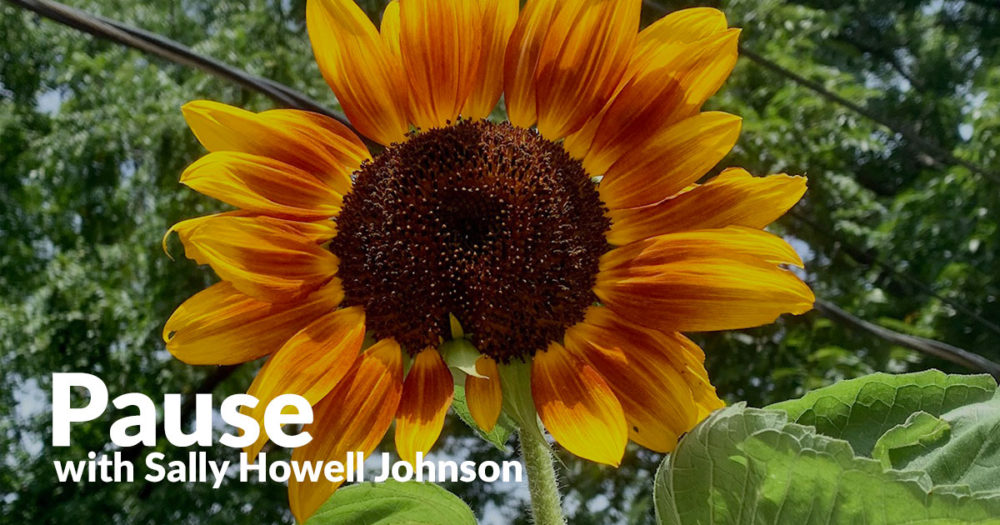"Eternal God, lead me now out of the familiar setting of my doubts and fears, beyond my pride and and my need to be secure into a strange and graceful ease with my true proportions and with yours; that in boundless silence I may grow strong enough to endure and flexible enough to share your grace." ~ Ted Loder
This week Eboo Patel spoke at our church. Mr. Patel is founder and executive director of the Interfaith Youth Core, a Chicago-based international nonprofit that promotes interfaith cooperation. Hundreds of young people and others of all ages streamed into our sanctuary on Wednesday evening to hear him speak. The space was buzzing with excitement.
On Thursday morning I heard Mr. Patel make this statement: "Hope is free. Fear is very expensive." I was listening to him in an interviewed on Minnesota Public Radio. He spoke quite eloquently about the need for interfaith dialogue and experiences for all people, youth especially, as they become the leaders of tomorrow.. But it was this statement that stayed with me, that caused me to dissect it and examine the truth in it.
Hope is free. Hope is primarily a function of imaginative faith.Hope causes us to open our arms, our minds and our hearts to something that is not yet realized. It costs us nothing but has the ability to produce amazing returns. Hope is something we rest in, something we long for, something we cannot buy but can give birth to. Hope expands us.
Fear on the other hand causes us to begin to accumulate an arsenal, to build fences, to close off the doors of who we are. In doing so, we lose our sensibilities and isolate ourselves. Fear leads us to be suspicious, to cut people out of our lives, to make our world smaller and smaller. Fear causes some to buy guns, others to medicate themselves in unhealthy ways, and still others to lash out with little understanding of those perceived to be 'different', 'dangerous'. It starts with one person and breeds but instead of causing growth it instead causes stagnation. We have seen its effects in individual lives, in the lives of our country and the world. Fear is, indeed, expensive.
Perhaps the costly nature of fear is what led those who wrote the Bible to write these particular words more than any other: "Do not be afraid." The angels say it, the psalmists, the prophets, the disciples and Jesus say it over and over again. "Do not be afraid." It is too great an expense in a life meant to be lived fully, with joy and thanksgiving, grace and compassion. "Do not be afraid. "
Winter seems to have made an entrance in Minnesota this morning…..enjoy the weekend.
